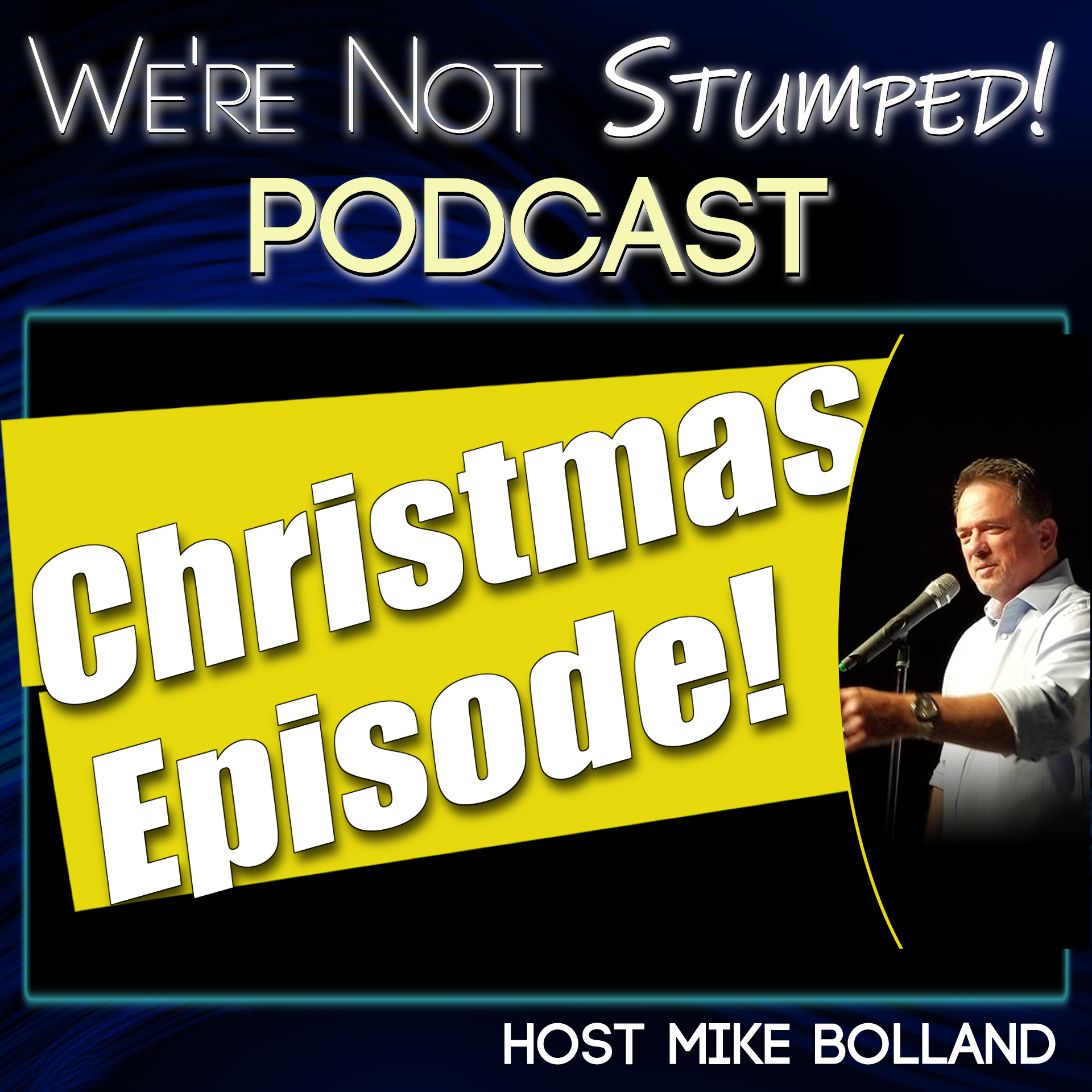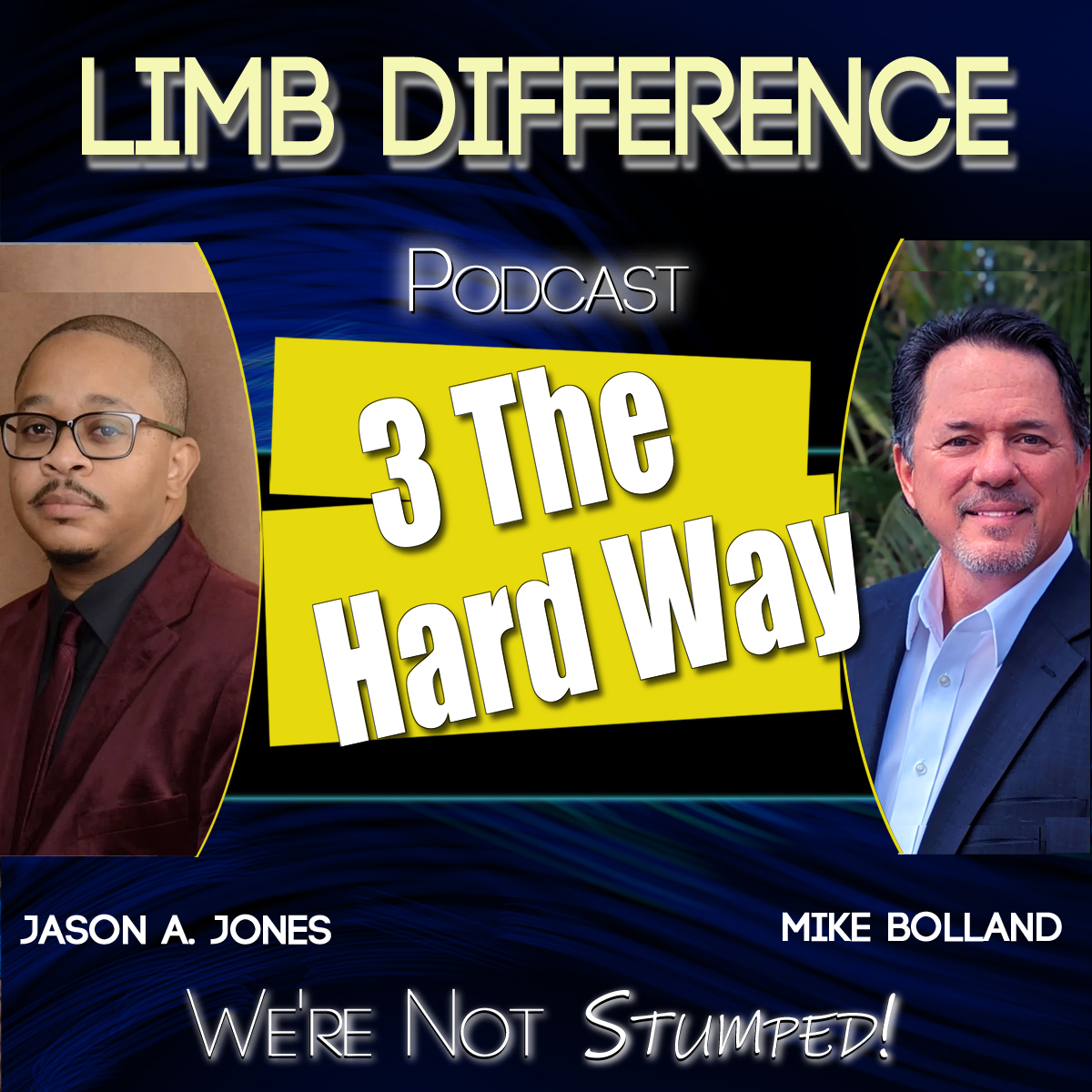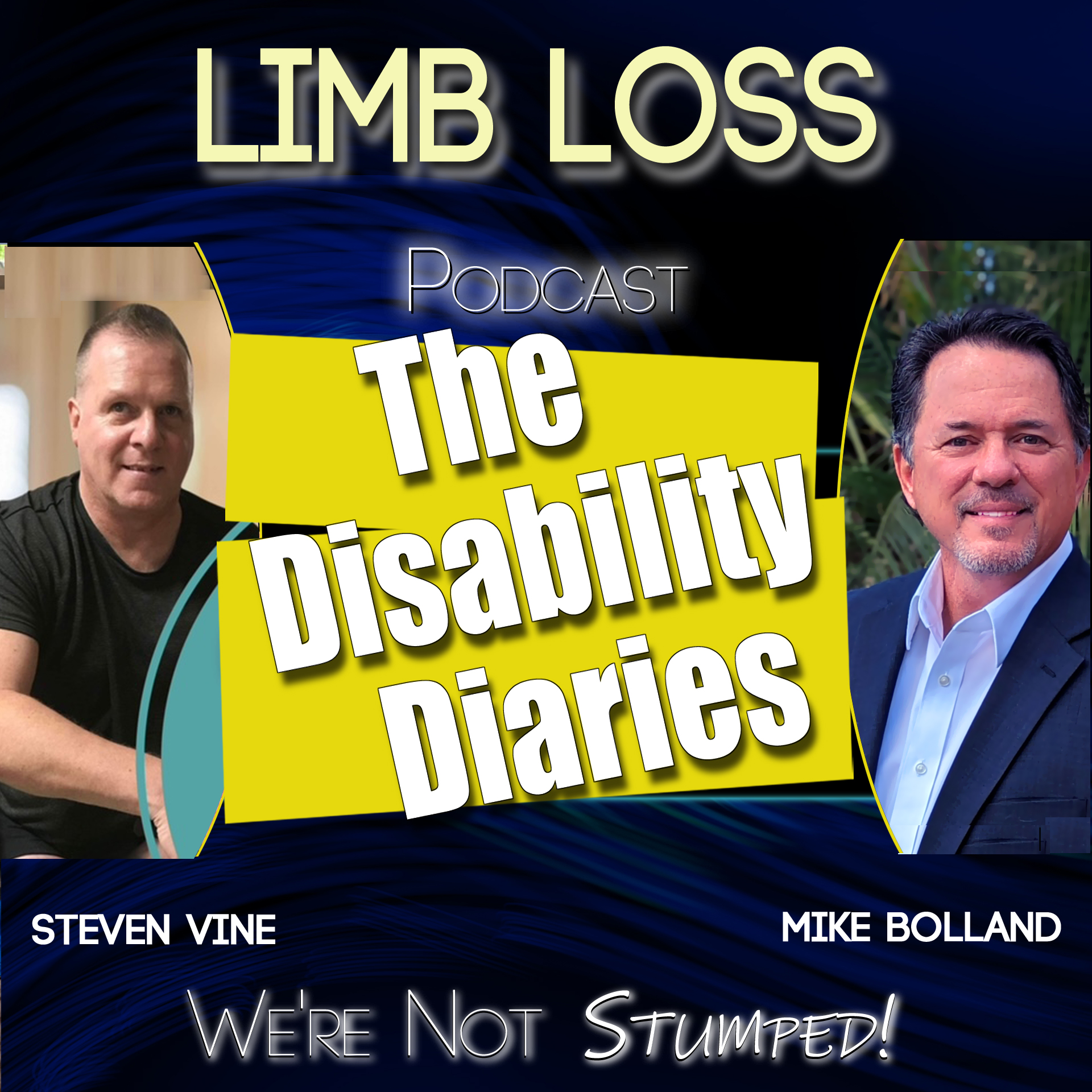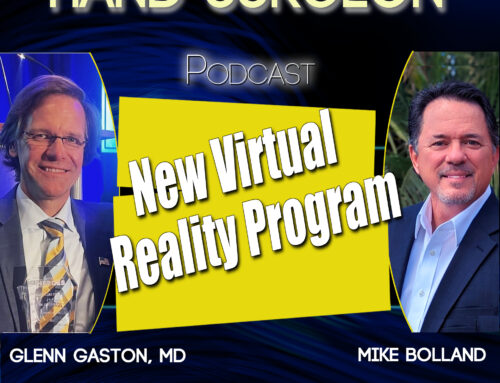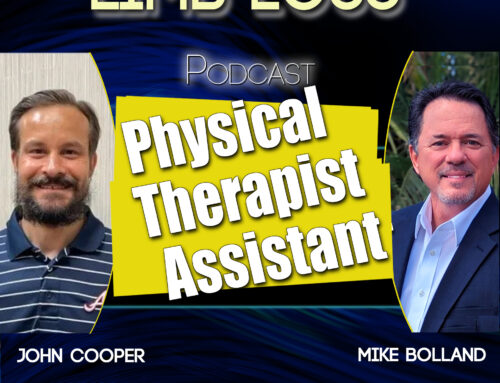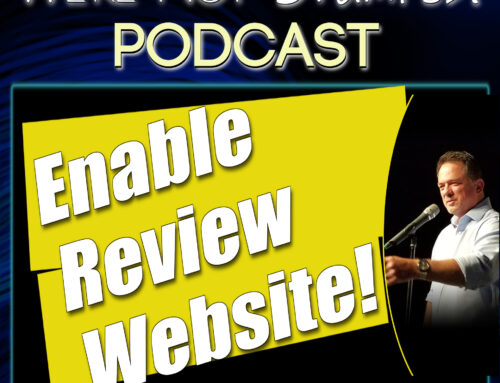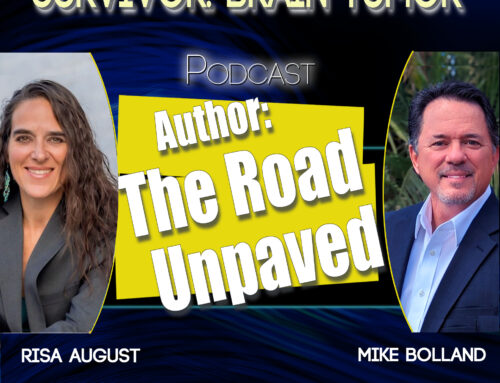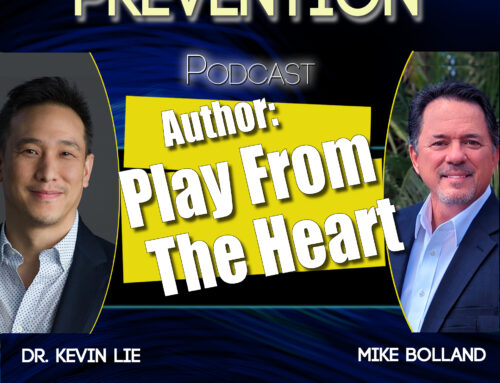What does it truly mean to be seen as fully human in a world that often overlooks disability?
In this thought-provoking episode of We’re Not Stumped, host Mike Bolland welcomes back Dr. Stephanie W. Cawthon—an acclaimed deaf author, speaker, and researcher—for an honest and insightful conversation about identity, accessibility, and belonging. With ASL interpreters Amanda Ford and Steven Nugent joining, Dr. Cawthon shares the personal and cultural impact of her book Disability is Human, a work that has deeply influenced Mike’s own journey.
They discuss the challenges of growing up with hearing loss in a time when ASL access was limited, and how this shaped language development and education. The conversation dives into important issues like the “disability tax,” identity formation, and the hidden barriers many disabled individuals encounter, especially in entry-level jobs. They also unpack the effects of societal attitudes, exploring concepts like “helper syndrome” and “stalker syndrome,” which create subtle but real burdens for people with disabilities.
Dr. Cawthon highlights that while the ADA was a critical step toward inclusion, achieving true accessibility demands ongoing shifts in mindset, mentorship, and opportunity. This episode invites listeners to rethink disability—not as a problem to be fixed, but as a vital part of the human experience.
Disability is Human Book: https://www.amazon.com/Disability-Human-Vital-Accessibility-Everyday/dp/1954233299
Listen on Apple Podcasts
Watch on YouTube
Listen on Spotify
This special Christmas episode of We’re Not Stumped is a heartfelt reflection from host Mike Bolland on resilience, community, and gratitude during the holiday season. Instead of an interview, Mike takes a few minutes to acknowledge the realities many people in the limb loss and disability community face during the holidays — from accessibility challenges and family dynamics to grief, growth, and adapting to change — all with warmth and a touch of humor. Mike also shares what this podcast has taught him over the past year and gives a heartfelt shout-out to some incredible guests who trusted him with their stories.
In this inspiring episode of We’re Not Stumped, host Mike Bolland sits down with Jason A. Jones—motivational speaker, author, and founder of Positive Pieces—for a powerful conversation about resilience, mindset, and growing up with a congenital hand difference. Mike and Jason share a unique connection: both were born with a difference in their right hand. Together, they explore the realities of childhood, school, friendships, sports, and the challenges of first impressions when living with a visible disability. Jason reflects on the role his parents played in building confidence and accountability, encouraging him to adapt without excuses and believe in his own abilities. Jason also discusses his motivational memoir, 3 the Hard Way, which chronicles his journey from adolescence through college—including major setbacks like a serious car accident, job loss, and navigating employment with a disability. The conversation dives into the importance of mindset, and how resilience is built through lived experience.
In this episode of We’re Not Stumped, host Mike Bolland welcomes Steven Vine for a raw and deeply honest conversation about survival and rebuilding life after everything changes. Steven shares how an undiagnosed genetic heart condition led to a sudden medical emergency in 2016, leaving him in a six-month coma. When he woke up, he was blind, a right above-knee amputee, living with an ostomy bag, and navigating chronic pain. Once a nationally ranked teenage track and field athlete who idolized Steve Prefontaine, Steven later owned and managed a fine dining Italian restaurant before his life was upended. In this episode, he reflects on depression, anger, opioid use and withdrawal, and the importance of caregiving support. Steven also explains how his journey inspired The Disability Diaries podcast and his upcoming memoir, Beyond These Green Eyes, offering hope through honest storytelling.

